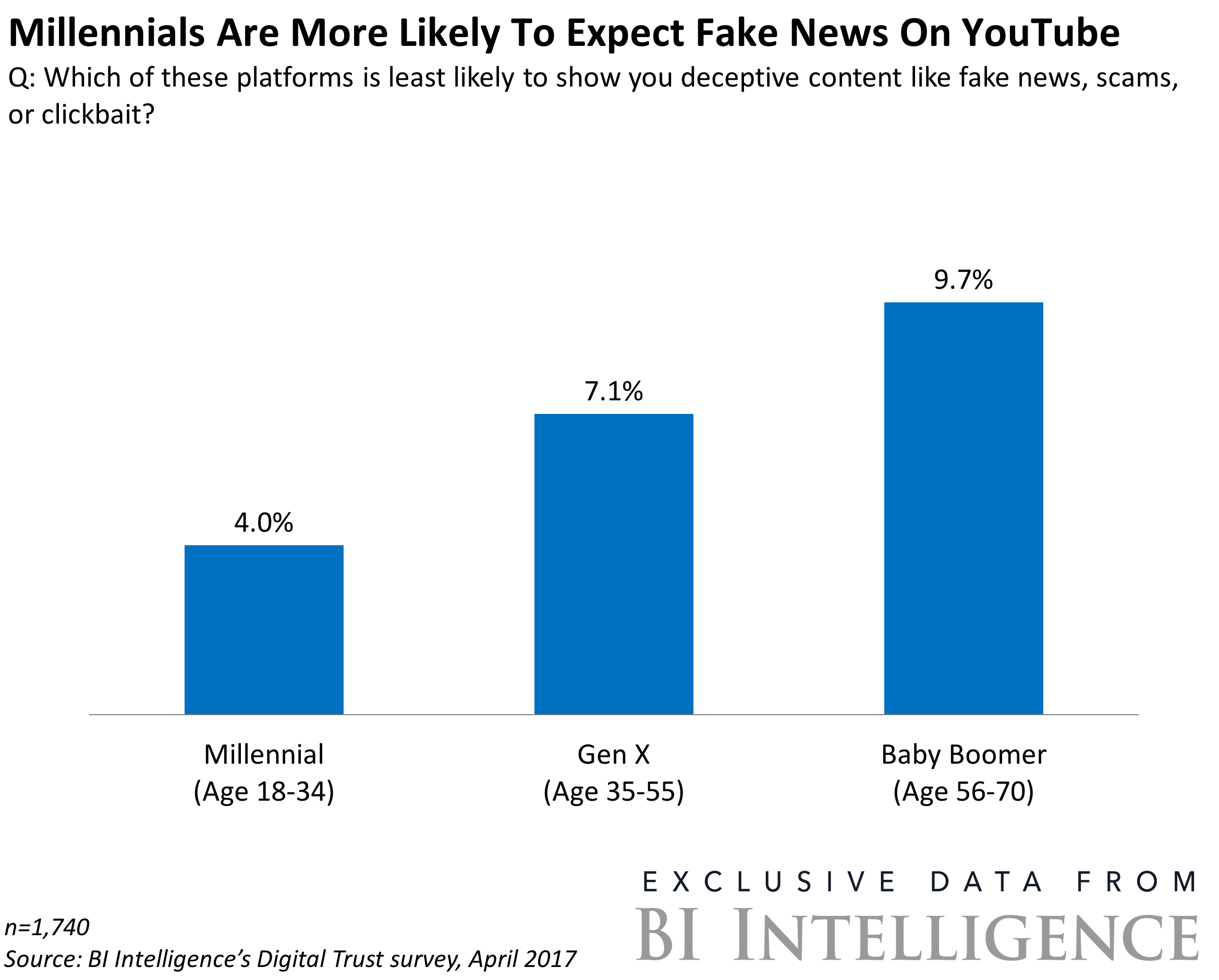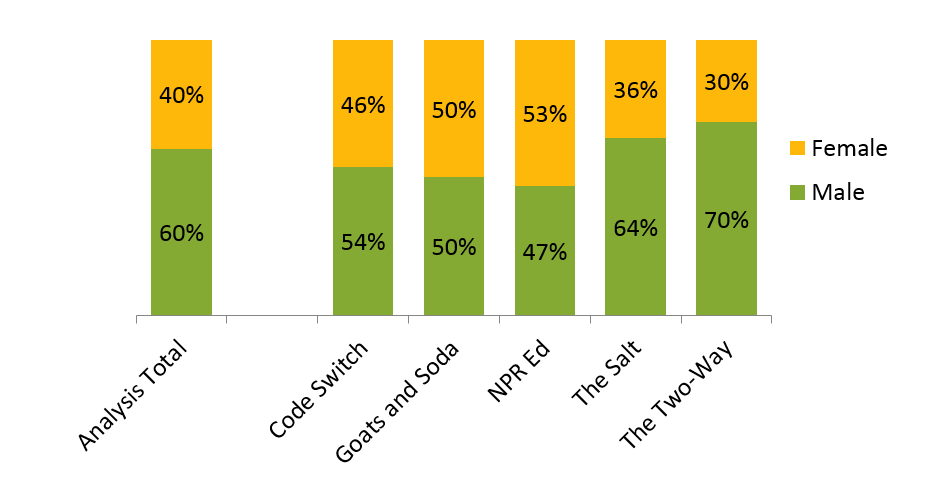The FTC's Investigation Of OpenAI And ChatGPT: Key Questions And Potential Outcomes

Table of Contents
The FTC's Concerns: Unfair or Deceptive Practices?
The FTC's mandate is to protect consumers from unfair or deceptive business practices. Its investigation into OpenAI and ChatGPT stems from concerns that the technology may violate this mandate in several ways. The FTC is likely scrutinizing OpenAI's practices under Section 5 of the Federal Trade Commission Act, which prohibits unfair or deceptive acts or practices in commerce. This broad authority allows the FTC to address a range of potential harms.
Specific concerns raised by the FTC's investigation likely include:
- Bias and Discrimination: ChatGPT's outputs could reflect and amplify existing societal biases, leading to discriminatory outcomes in various applications. This raises concerns about fairness and equal opportunity.
- Misinformation and Disinformation: The ease with which ChatGPT can generate convincing but false information poses a significant risk for the spread of misinformation and disinformation, impacting public discourse and potentially influencing elections or other critical processes. The ability to create deepfakes and other forms of synthetic media is also a key concern.
- Data Privacy: The vast amounts of data used to train ChatGPT raise concerns about data privacy and the potential misuse of personal information. The FTC is likely investigating how OpenAI collects, uses, and protects user data, especially in light of privacy regulations like CCPA and GDPR.
- Fraudulent Activities: The potential for malicious actors to use ChatGPT to generate convincing phishing emails, create fraudulent content for scams, or automate other forms of online fraud is a significant concern for consumers and law enforcement.
The legal framework the FTC is using includes not only Section 5 of the FTC Act, but also precedents set in previous cases involving deceptive marketing practices and data privacy violations. The agency will likely examine whether OpenAI adequately disclosed the limitations and potential risks of ChatGPT to users.
OpenAI's Response and Defense Strategies
OpenAI has publicly acknowledged the FTC's investigation and stated its commitment to responsible AI development. The company's responses have likely focused on highlighting its efforts to mitigate the risks associated with ChatGPT.
Potential defense strategies OpenAI might employ include:
- Highlighting Safety Features: Emphasizing ongoing efforts to improve ChatGPT's safety features, such as bias mitigation techniques and safeguards against misuse. This includes showcasing investments in research and development related to AI safety and alignment.
- Emphasizing Societal Benefits: Presenting arguments on the positive potential of AI and its benefits to society, showcasing its applications in various fields like research, education, and healthcare.
- Arguing for Regulatory Clarity: Arguing that the current regulatory landscape is inadequate for the rapid pace of AI development and advocating for clearer guidelines and a more nuanced approach to AI regulation.
- Investing in AI Safety Research: Demonstrating substantial investment in research and development focused on improving the safety and trustworthiness of large language models.
OpenAI's defense will likely center on demonstrating its proactive efforts to address concerns and its commitment to responsible innovation.
Potential Outcomes of the FTC Investigation
The FTC investigation could have several possible outcomes, each with significant implications:
- Consent Decree: OpenAI agrees to implement specific changes in its practices, such as enhanced data security measures, improved bias mitigation techniques, or clearer user disclosures. This is a relatively common outcome in FTC investigations.
- Financial Penalties: OpenAI faces significant fines for violations of the FTC Act. The amount of any penalties would depend on the severity of the violations and OpenAI's cooperation with the investigation.
- Structural Changes: OpenAI may be required to undergo significant organizational restructuring, potentially impacting its governance, data handling practices, or product development processes.
- Legal Action: The FTC could file a lawsuit against OpenAI, leading to a protracted legal battle with potentially significant financial and reputational consequences.
- Dismissal of the Case: The FTC could decide that OpenAI's actions do not constitute violations of the FTC Act, leading to the dismissal of the case.
The outcome will significantly influence not only OpenAI's future but also the development and regulation of similar AI technologies.
Broader Implications for AI Regulation
The FTC's investigation into OpenAI and ChatGPT has significant implications for the broader conversation around AI regulation. It highlights the need for a comprehensive and adaptable regulatory framework that balances the potential benefits of AI with the need to protect consumers and prevent harm.
- International Harmonization: The FTC's actions may influence regulatory efforts in other countries, highlighting the need for international cooperation in establishing global standards for AI development and deployment.
- Collaboration with Other Agencies: Increased collaboration between the FTC and other regulatory bodies, such as the FCC and the Department of Justice, will be essential to effectively address the multifaceted challenges posed by AI.
- Balancing Innovation and Safety: The challenge lies in creating regulations that encourage innovation while simultaneously safeguarding consumers and addressing the risks associated with powerful AI technologies.
Conclusion
The FTC's investigation of OpenAI and ChatGPT is a landmark case with significant implications for the future of AI development and regulation. The potential outcomes – from consent decrees to substantial fines or even structural changes – will shape how companies develop and deploy AI technologies. The investigation highlights the critical need for a proactive and comprehensive regulatory framework that addresses the unique challenges posed by powerful AI systems like ChatGPT while fostering responsible innovation. Stay informed about the evolving landscape of AI regulation and the ongoing FTC's Investigation of OpenAI and ChatGPT. Follow updates on this crucial case to understand the implications for the future of artificial intelligence. Further research into the legal and ethical ramifications of ChatGPT and similar technologies is essential.

Featured Posts
-
 India Fund Manager Dsp Sounds Caution Raises Cash Despite Strong Performance
Apr 29, 2025
India Fund Manager Dsp Sounds Caution Raises Cash Despite Strong Performance
Apr 29, 2025 -
 High Stock Market Valuations A Bof A Analysts Reassuring Assessment
Apr 29, 2025
High Stock Market Valuations A Bof A Analysts Reassuring Assessment
Apr 29, 2025 -
 Scottish Childhood Alan Cummings Favorite Pastime
Apr 29, 2025
Scottish Childhood Alan Cummings Favorite Pastime
Apr 29, 2025 -
 One Plus 13 R Review Is It Worth The Price Compared To The Pixel 9a
Apr 29, 2025
One Plus 13 R Review Is It Worth The Price Compared To The Pixel 9a
Apr 29, 2025 -
 Trumps Tax Bill Republican Opposition And Potential Roadblocks
Apr 29, 2025
Trumps Tax Bill Republican Opposition And Potential Roadblocks
Apr 29, 2025
Latest Posts
-
 How Npr Explains You Tubes Expanding Older Adult User Base
Apr 29, 2025
How Npr Explains You Tubes Expanding Older Adult User Base
Apr 29, 2025 -
 Is You Tube Becoming A Senior Destination Npr Explores The Shift
Apr 29, 2025
Is You Tube Becoming A Senior Destination Npr Explores The Shift
Apr 29, 2025 -
 The Rise Of Older You Tube Users Data And Insights From Npr
Apr 29, 2025
The Rise Of Older You Tube Users Data And Insights From Npr
Apr 29, 2025 -
 Analyzing You Tubes Growth Among Older Demographics An Npr Perspective
Apr 29, 2025
Analyzing You Tubes Growth Among Older Demographics An Npr Perspective
Apr 29, 2025 -
 Rekindling Nostalgia Older Viewers And You Tubes Retro Content
Apr 29, 2025
Rekindling Nostalgia Older Viewers And You Tubes Retro Content
Apr 29, 2025
